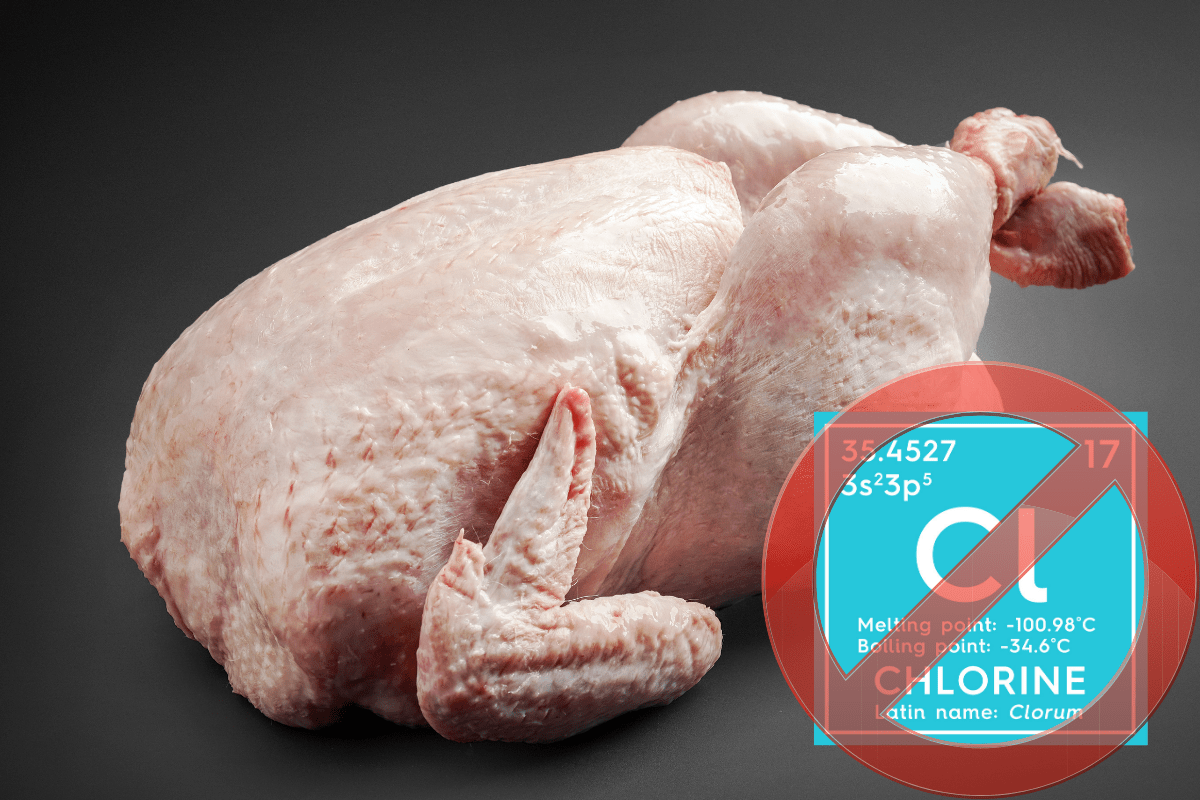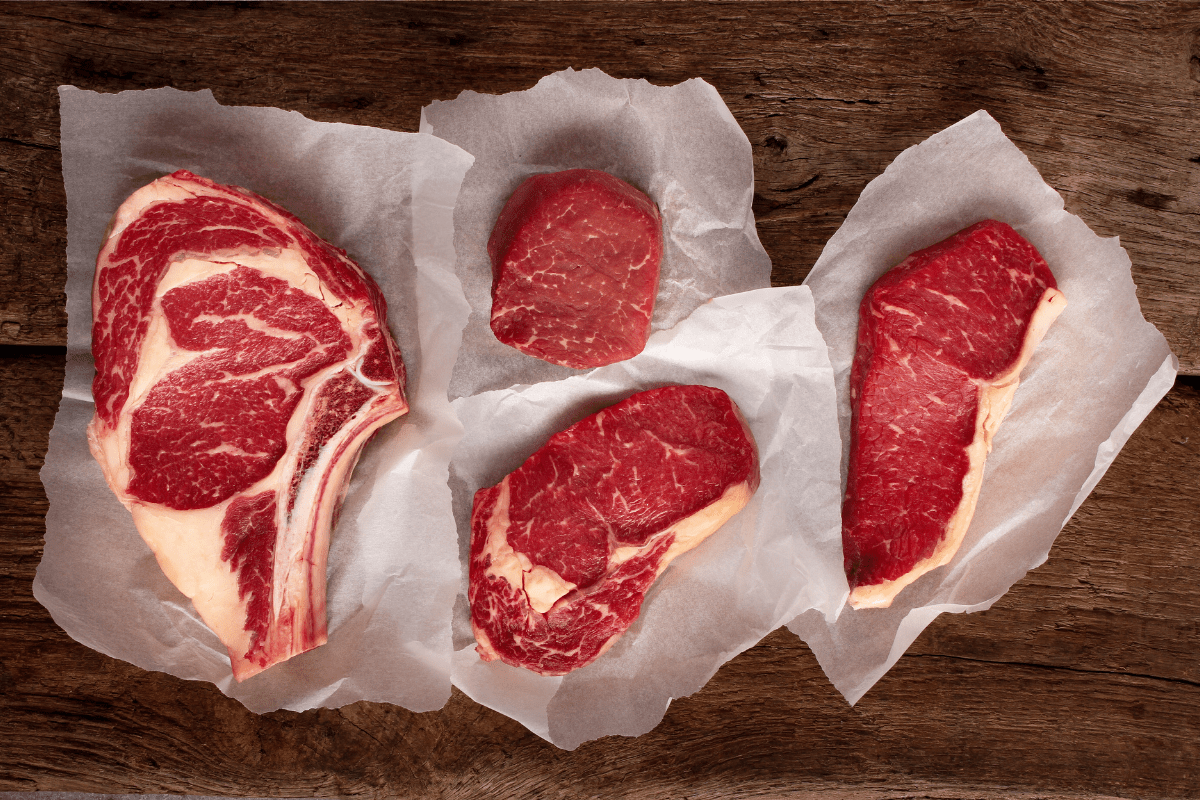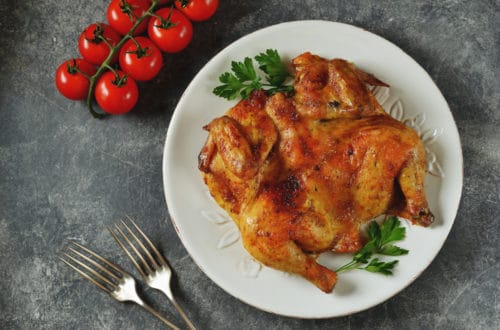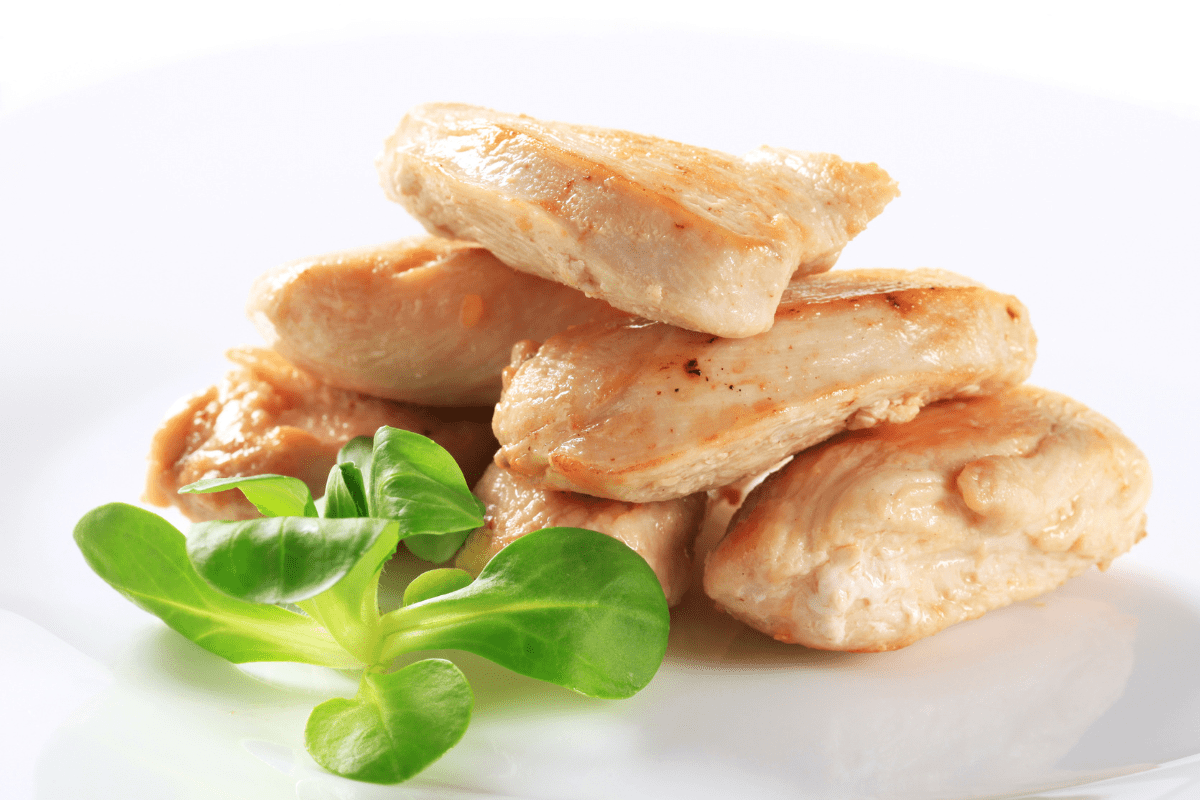With the United Kingdom leaving the European Union, they are looking to strike up trade deals with other nations around the world. One of these nations is the United Sates of America.
Part of the discussions have centred around the USA saying that the UK will need to allow imports of chlorinated treated chickens as part of any agreement, however the UK are not keen on allowing these into their supermarkets and grocery stores.
Why is the United Kingdom Against Allowing Chlorinated Chicken Into Their Country? In 1997 the UK, and indeed all EU State Members banned the use of chemical washes of poultry, and any chemically washed imports, in favor of a ‘farm to fork’ method. This method ensures higher standards of animal welfare and cleaner processing, but comes at a higher cost. Cheaper imports will threaten the livelihoods of many British Farmers who will not be able to compete on price due to having to maintain these higher domestic production standards.
So What Is Chlorinated Chicken?
Chlorinated chicken is when the chicken carcass is cleaned with a chlorine dioxide solution after the slaughter and eviseration process.
Due to the high level of harmful pathogens such as salmonella and campylobacter found in raw chickens, the carcasses are sprayed, washed or dipped into a chemical solution to kill / lower the presence these pathogens. This process is also known as the Pathogen Reduction Treatment (PRT).
Why Do Chickens Need To Be Chemically Washed?
There is not a requirement for chickens to be chemically washed, and indeed the practice has been banned in both the UK and countries within the EU for over 20 years.
In countries such as the USA, welfare and hygiene practices are not as strict as the UK and EU requirements, and this can lead to more intensive farming, and lesser hygienic production.
Due to close proximity farming, lack of outdoor space, and less natural feeding procedures that are common in USA production, disease and sickness is more prominent, which can have a detrimental effect on the amount of harmful bacteria/pathogens that is present in the birds, leading to much higher levels.

Pathogens such as Salmonella and Campylobacter can cause food poisoning, and sometimes death in vulnerable people, if ingested even in very small amounts.
To help minimize the risk and to reduce the amount of these harmful bacteria present in a chicken that is ready for retail sale, it is chemically washed to help remove much of the risk.
Although tests have shown that these washes dramatically reduce the amount of harmful bacteria within the processed chickens, it has also been stated that the wash just ‘masks’ the problem rather than removing it.
The USA also has between 6-8 million instances of food poinsoning per year and 9000 deaths. Much of this is attributed to the pathogens found in chicken. [Source]
See how you can minimize your risk of food poisoning by avoiding cross contamination in your kitchen by reading our article : Cross Contamination – What It Is and How To Avoid It In Your Kitchen!
Is Chlorine Washed Chicken Safe To Eat?
It is widely accepted both in the USA and throughout Europe that the actual chlorinated washing of chicken does not pose an increase risk to health under normal consumption.
It has been said that a person would need to eat at least 2-3 whole chlorinated chickens as part of their daily intake before they started to see any possible health issues related to the use of chlorine washes.
Indeed it has also been stated that there is more likelyhood of someone becoming sick from the chemicals used to treat drinking water, than that in the chemical washes used on chickens. [source]
It is also worth noting that many foods such as salad items sold within UK stores have been treated with a chemical wash, as this is not against current regulations.
So Why Are The UK Against Allowing Chlorinated Chickens Into Their Country?
The resistance to allowing chlorinated chicken into the United Kingdom does not come from a safety standpoint as such, but more of a ‘level playing field’ point of view.
As mentioned earlier, farmers within the UK have adopted much higher hygiene and welfare standard in their farming practices. These practices not only provide the chicken with a much better quality of life, but also help to prevent disease, and lowers pathogen levels in the birds.
All of these extra measures and more humane farming practices have an increased cost in the rearing and production of the chickens, meaning higher prices on the retail end.
Due to all the farmers in th UK being required to adopt and follow the same procedures, this means that they all have those extra costs to deal with.
However, chicken farmers in the United States DO NOT have to follow the same hygiene and welfare practices as in the UK, and so can provide chickens at a much lower end retail cost. This puts the UK farmers as an unfair disadvantage when selling their chickens within the UK as the USA imports would be so much cheaper.
Why Don’t UK Farmers Just Chlorine Wash Their Chickens After Brexit?
The UK wants to continue trading with the European Union once they have officially ended the transition period. In order to do this, they have assured both the EU and the British consumers that the United Kingdom will maintain the high procedures already in place, with no reduction in the current standards of hygiene and welfare of food production.
This means that British farmers will not be able to cut their production costs, and so will not be able to compete on price with the cheaper USA imports, giving the USA an unfair advantage in the UK retail marketplace.
There had been a call for all imports to the UK to have been produced to at least the same standards as domestically produced goods, however this was rejected by the Conservative government on a vote in the Houses of Parliament on 12th October 2020. This vote angered both the British Veterinary Association and UK Farmers alike. [Source]

Won’t The UK Consumers Just Buy British Chickens Anyway?
Although it is greatly expected that many consumers in the United Kingdom will want to continue buying British reared chicken, there are a couple of potential issues.
Country of Origin
As part of a potential USA – UK trade deal, the USA are insisting that any labelling requirements stating the country of origin are removed from their chicken imports. This basically means that the chlorinated chickens imported from the USA will not have to be labelled as coming from the USA, and could easily be mistaken by the consumer as being British.
Economic Pressures
Just like any other country, there are many families within the United Kingdom that live on very limited financial means. It therefore stands to reason that they will go for the cheaper option of what is available to put food on their table. It has been said that such families could be financially forced into purchasing products that they would rather no eat due to economic pressures. This would again hurt the British farmers as these families are currently purchasing British reared chickens, but would likely move across to the cheaper USA option, leading to declining British sales.
So Will Chlorinated Chicken Be Sold In The UK?
It is highly likely that the USA will be importing chlorinated chicken into the UK marketplace after the Brexit transition period ends on 31st December 2020 if a trade deal is struck with America.
However, many of the leading major supermarkets in the UK have said that they will boycott these imported goods and will not stock them within their stores.
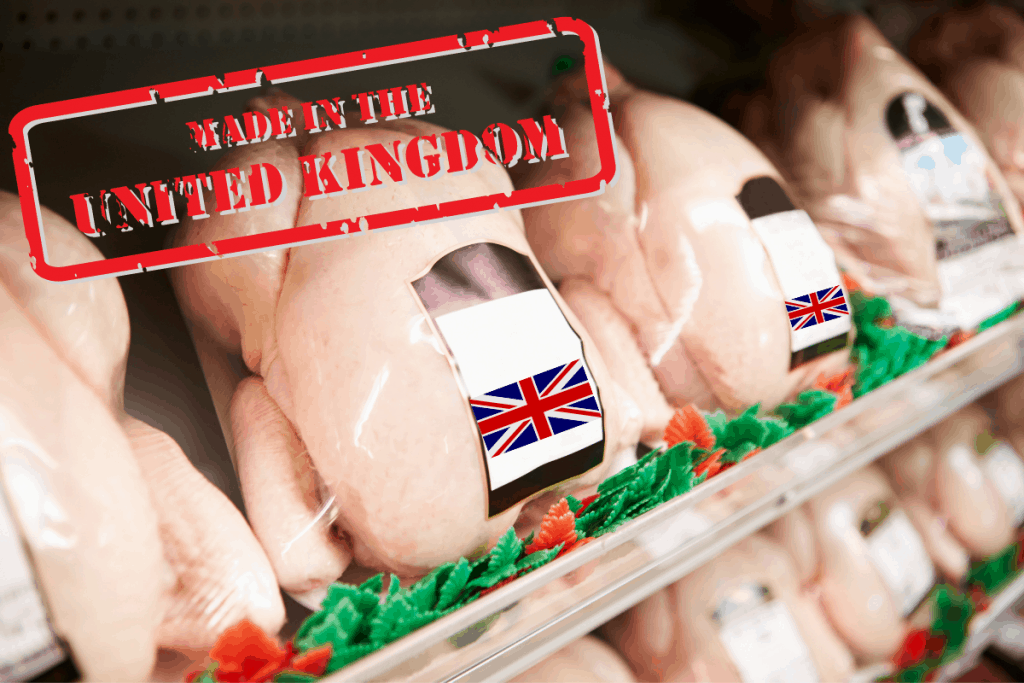
Quite how this will impact on our British farmers livelihoods will have to be seen, however it is evident that the allowing of chlorinated chicken to arrive into the Bristish marketplace will make it that bit harder for an industry that is already finding it hard to survive, and may see the farming industry decline further in coming years.
